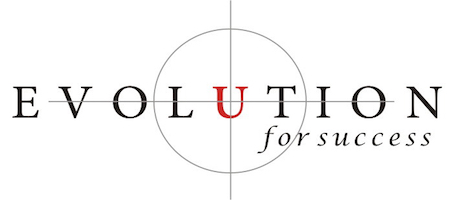5 Reasons Your Job Search May Be Failing…
Whether you are currently unemployed or employed but looking for a career transition, here are 5 reasons your search may not be yielding the results you desire.
- Lack of Focus: I personally know several people who are currently unemployed and if I ask them, “What do you want?” they respond with, “A job.” In today’s market, if you don’t have absolute clarity on what you want, you are doomed to failure. Where your focus goes, your energy flows. Be specific in defining your niche in business, the exact position you want, or have absolute clarity on the value can add in a specific role, otherwise, you are just another generalist. There are ten people behind you and in front of you “looking for a job.”
- The Shotgun Approach: Many people still look for a job by sending out hundreds of resumes hoping for an interview. Never mistake action for productivity. This could lead to a mentality of scarcity, desperation, and sending the message that you hope someone will help you out. Develop a list of 3-5 companies you want to work for and do everything you can to work your way into them! Research, develop relationships, get the education for the positions they have open and find a problem you can solve. Companies today need innovators, focused thinkers and producers.
- Fear of Change: Managing adversity, growth, and risk-taking is a muscle that some people have not flexed in a long time. So many people today are looking for certainty. You need to stand out, be BOLD, and create an impression so you are remembered. Take risks and be courageous approaching businesses. Stand out by letting go of your fear! Embrace change! Remember, “your success in life is directly proportional to the amount of risk and uncertainty you can manage.”
- Lack of Tenacity: How many “no’s” would it take before you gave up? Most people quit after one, two or three tries. How much time are you willing to commit to achieve your goals? Most people live in a world of instant gratification and aren’t willing to put up with short term pain to have long term pleasure. Remember Winston Churchill; “Never, Never, Never Give Up.” There is a reason we remember Thomas Edison and the light bulb. Long term focus and never taking a failure personally produces a light that makes a difference in everyone’s life.
- Not Enough Hope/Faith: Have you ever said to yourself, “What’s the use, why do I keep trying, this job search will never end?” We all have our doubts at times and the most predominant thoughts control your reality; majority rules. If you are not feeding your mind with consistent positive thoughts AND taking positive actions, your belief that a job is not possible will become your reality. Faith without action is useless and action without faith is useless too! Feed your mind positive messages and have a plan to execute. Choose your peer groups carefully, stay away from the nay-sayers. Let them have their results…you take the job!
It is never easy facing adversity and change; especially when there is more month at the end of the money than money at the end of the month. However, by staying focused on the specific job/position you desire, stop the distractions, be bold and courageous by standing out, being tenacious in what you desire, and keep the faith, you will have that position a lot faster than if you didn’t. Happy Hunting!



